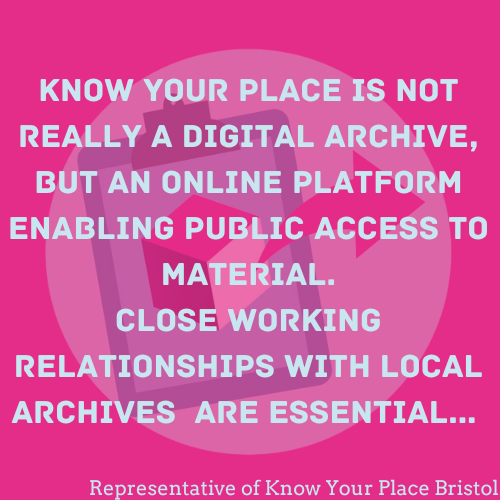 |
Prepare for accessProviding access to your digital collections, as well as preserving them for future generations, is often the end goal of an Archive’s work. But it’s vitally important to consider and manage any potential obstacles to access provision. |
These might include:
-
Copyright is owned by someone else
-
The collection contains personal information that cannot be shared/must be protected
-
Harm may be done to the communities which created the collections or are described by them
Even where there are no legal obstacles to providing access, there is the potential to negatively impact communities to which the content is bound in some other way. For example, treating content of or about indigenous peoples sensitively and with an equitable approach is essential.
Just One Thing
It is critical to plan any access to digital collections carefully, with a view to avoiding common pitfalls. If you are not 100% sure that you have the necessary rights to provide access to the content, or if you have any concerns that individuals or communities will be harmed by making it available, DO NOT provide access to it until the correct way forward can be confirmed.













































































































































